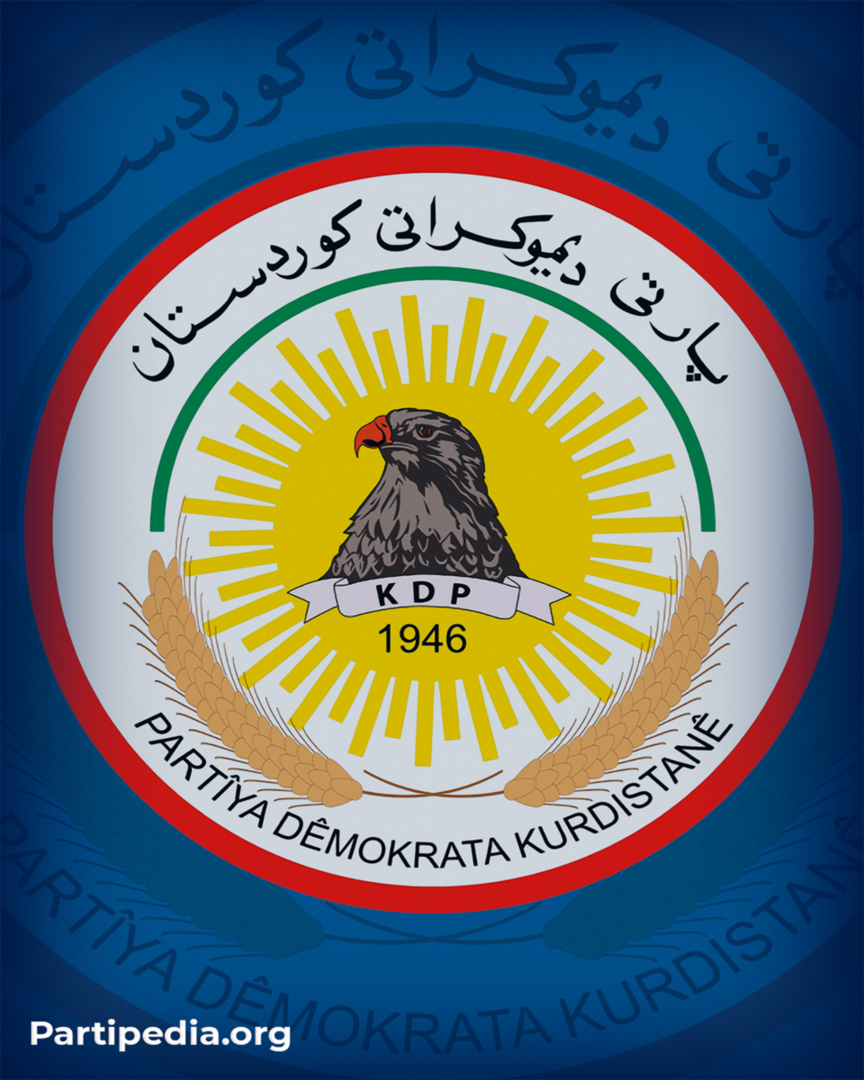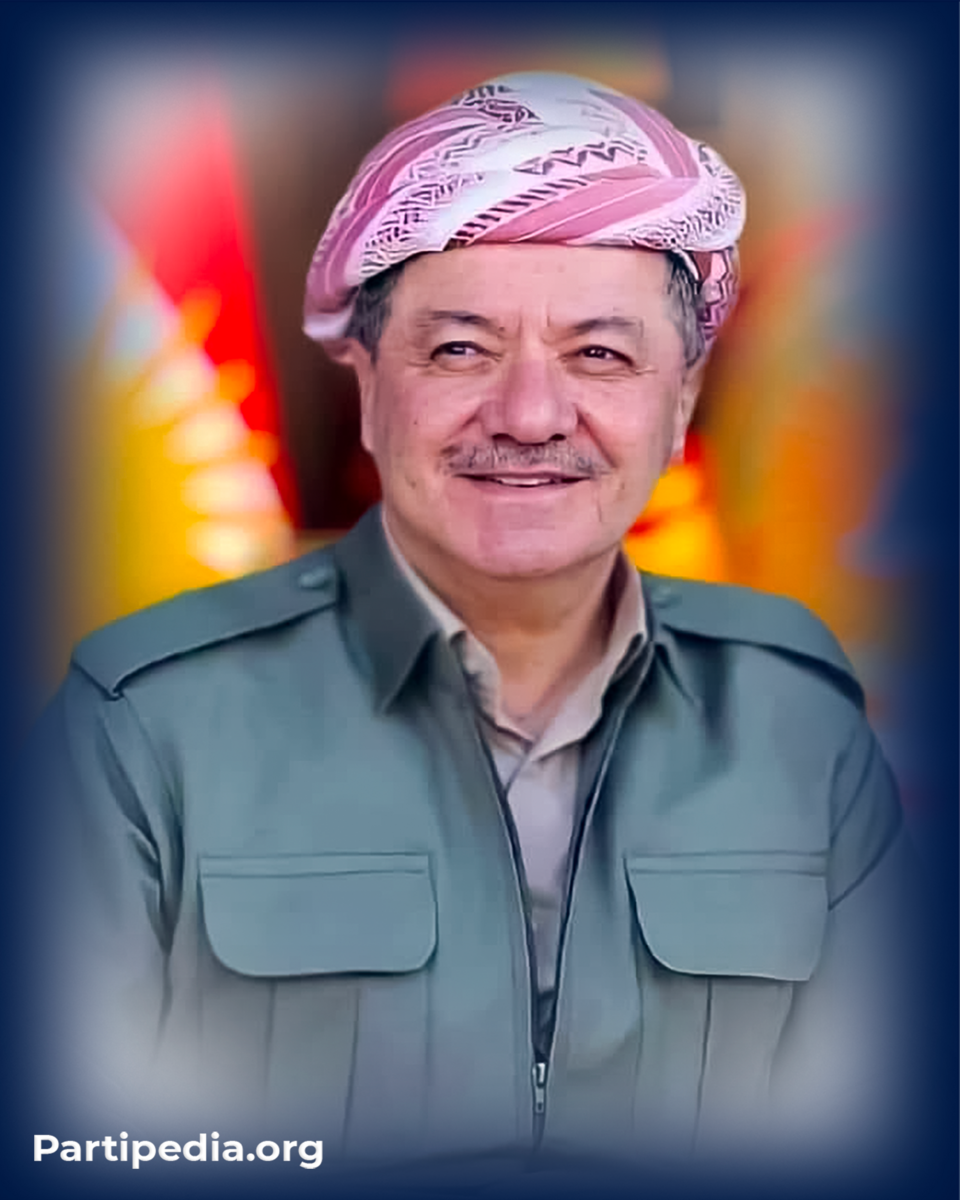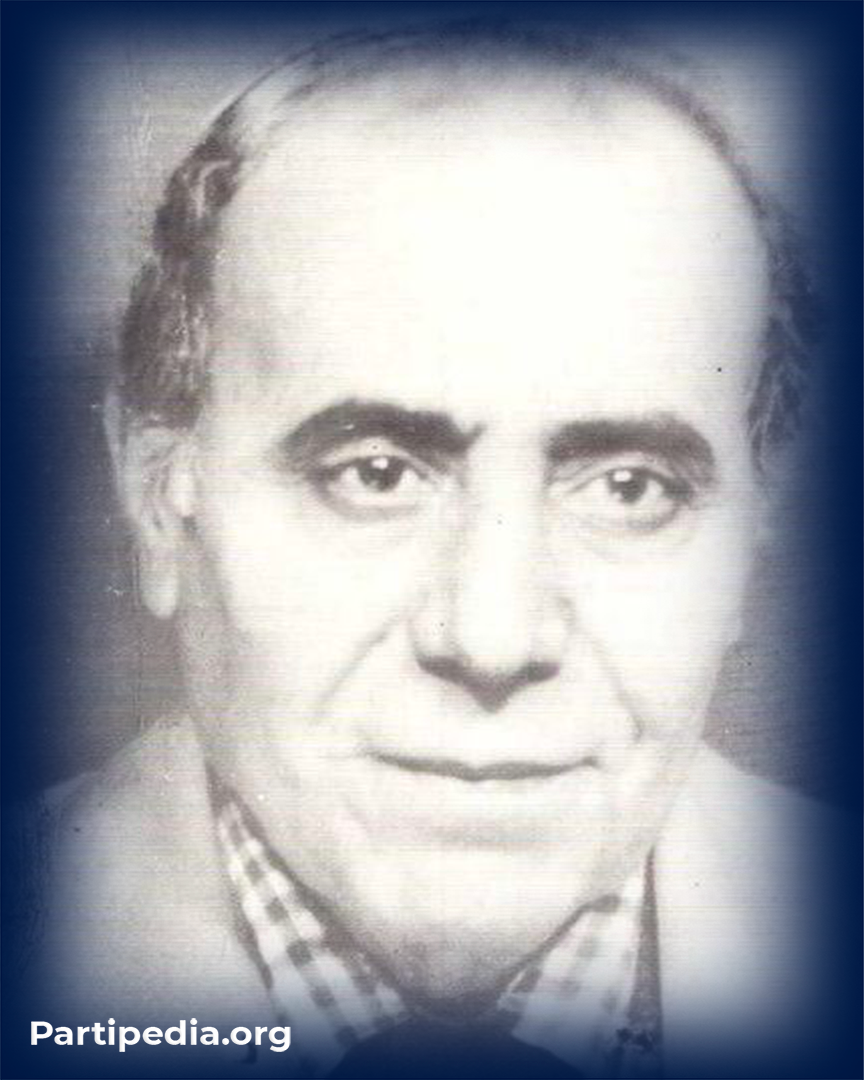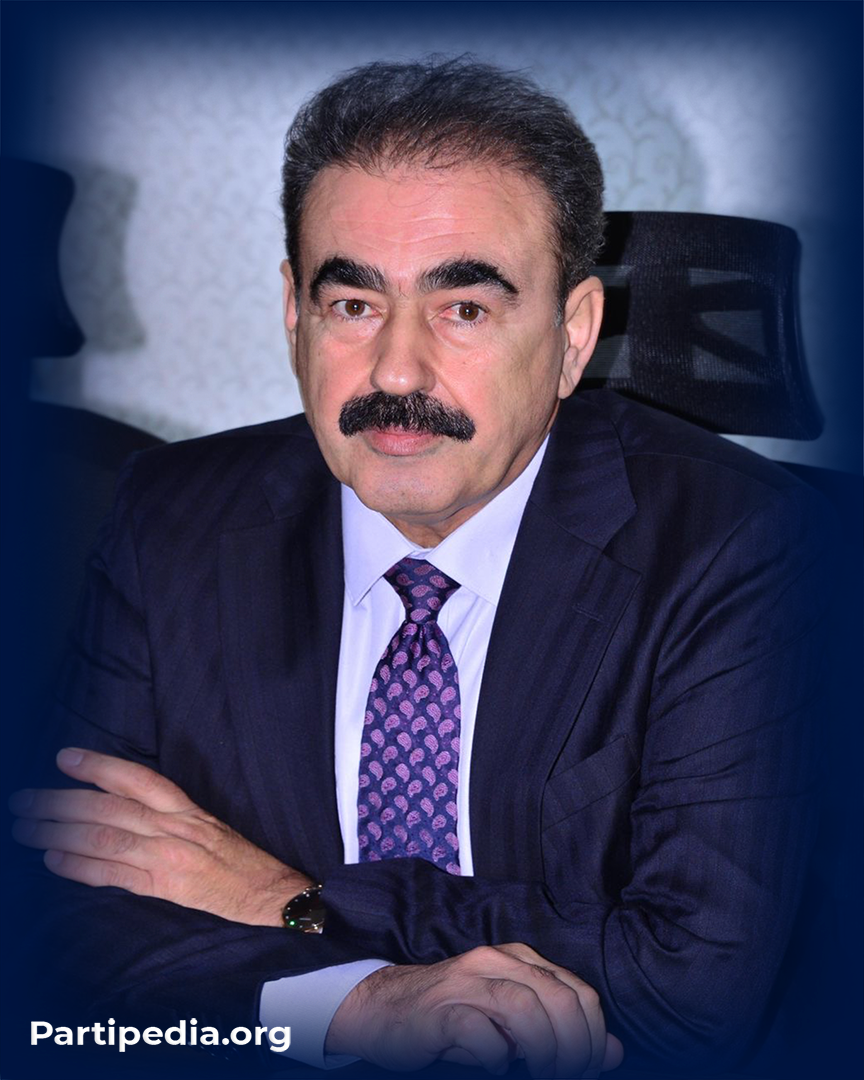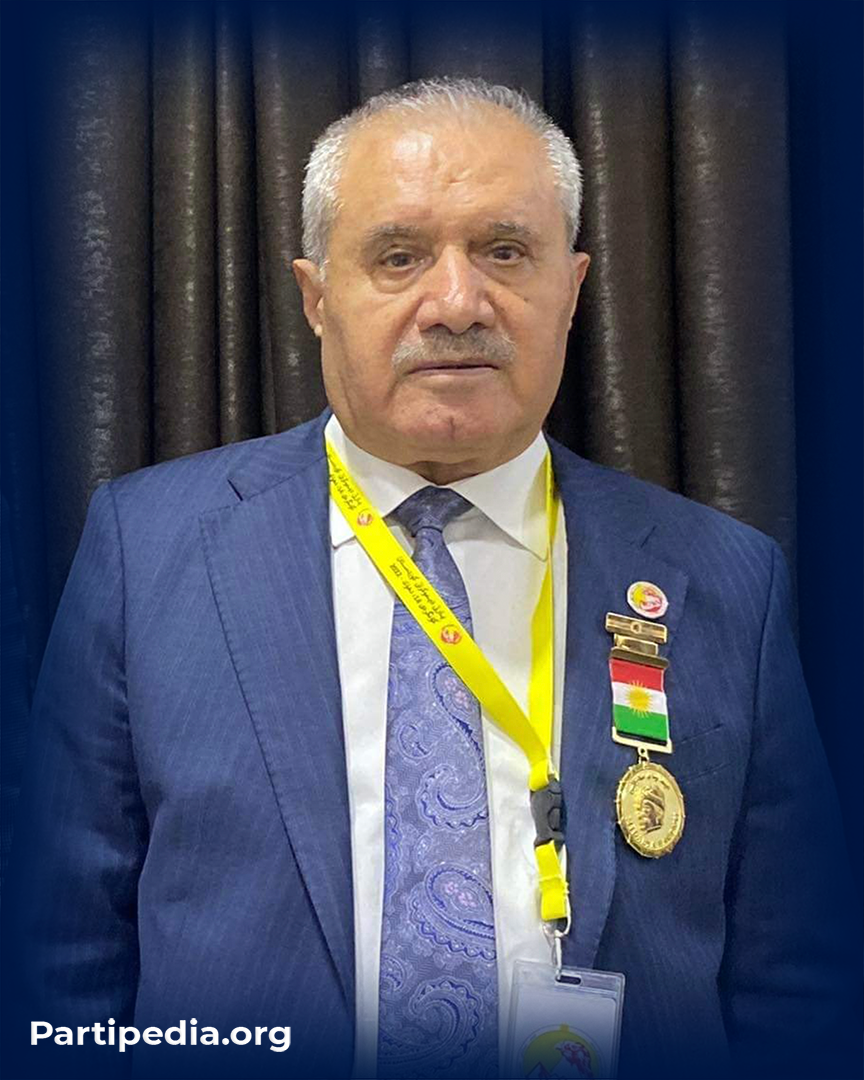In 1946, Mustafa Mohammed Abdulrahman Hussein Agha made contact with the Kurdistan Democratic Party (KDP). And in 1964, at the sixth congress, he joined the political bureau of the Kurdistan Democratic Party (KDP), and in the same year, he joined the leadership council of the Kurdistan Revolution. In Kurdistan, he also rose to the position of first secretary of the Kurdistan Revolutionary Leadership Council in 1964.
Biography
Mustafa Mohammed Abdulrahman Hussein Agha, also known as Mustafa Qaradaghi, Mustafa Hama Agha Awrahman Agha, Salar, Salar Mustafa Qaradaghi. He was born in 1921 in Sulaimani. They went to Qalcholan which was the capital of the Baban empire, and they were given the authority of the Qaradagh region by the Baban princes, so their names relate to this. He completed his primary and secondary education in Karadagh. In 1943, he graduated from high school in Sulaimani. Moreover, in 1944, he was employed as a contract worker in the Sulaimani Agricultural Office. Then in 1945, he was admitted in the law department of Baghdad Law College, but he left early on and moved to Beirut the capital of Lebanon to study. In 1947, he moved to the United States for education purposes. Additionally, in 1951, he received a master's degree in economics from Berkeley University in San Francisco in California. Furthermore, Iin 1952, he received a master's degree in sociology from the University of San Francisco (State of California) in the United States.
He left the United States in 1956 and returned to his native country. In 1956, he was appointed as a teacher at Baghdad Business High School. In addition, in 1957, he was an English teacher at Sulaimani Secondary School. In 1958, under the name Salar, he wrote a book titled How Did Language Come About? and as Salar Mustafa Qaradaghi, he wrote a play titled Awat. He was chosen as a member on the general board of the Sarkawtn Club in Baghdad on January 16, 1959. In 1973, he also relocated to Romania as a refugee. He spoke Kurdish, Arabic, and English well.
On 8th April 2004, he passed away in Washington DC. His body was transferred to South Kurdistan, and on his will, he was buried on 16th April 2004 in Gomaz Hill of Karadag region in Sulaimani province.
Service Record
In 1945, he contacted the Kurdish Revival Society (Komalay Zhyanaway Kurd), and in 1946, he contacted the Kurdish Democratic Party (KDP), moreover, in 1953, he contacted the Kurdistan Democratic Youth Union and the Kurdistan Students Union. On 5th May 1955, By a royal decree, he was employed as a teacher at secondary school classes in the second grade of administration. To add, on 10th-16th August 1956, he participated in the first congress of the Kurdish Students Society in Europe (K.S.S.E) in Wiesbaden of Germany. Additionally, he was appointed the first secretary and director of the Foreign Relations Department in 1959. Moreover, in 1959, he was a member of Newroz magazine's editorial board. In 1960, he was a delegate to the Fifth Congress of the Kurdistan Democratic Party (KDP). In 1960, he published two books in Baghdad which were named Several Theories of Information and Mir Girls under the pseudonym Mcha. To add more, in 1960, he was appointed as the second secretary to the Iraq’s Embassy in Lagos. In 1961, he was the consul of the Iraqi Republic in Czechoslovakia. He contacted the ranks of the Kurdistan Democratic Youth Union. In 1962, he was the first secretary of the Iraqi embassy in Laos. In that same year, he was the first secretary of Iraq’s Embassy in Nigeria. Moreover, at the request of President Mustafa Barzani In 1962, he contacted the Peshmarga ranks. Furthermore, in 1962, he brought a radio station for the Eylul Revolution through Iran. In 1963, he was the deputy commander of the battalion of the first sector of the Rezan River. Also, he was known as Abu Chafna by the Iraqi army. In 1963, he was in touch with David Adamson of British Sunday Telegraph. In 1963, he was a member of the Kurdish delegation to visit Jamal Abdul Nasser (1918-1970) who was the President of Egypt. And in 1964, he became a member of the Political Bureau of the Kurdistan Democratic Party (KDP) (Sixth Congress) and was chosen by President Mustafa Barzani. Then in 1964, he became a member of the Revolutionary Leadership Council in Iraqi Kurdistan. In that same year, he was the first secretary of the Revolutionary Leadership Council in Iraqi Kurdistan. And in 1964, he became a member of the Constitutional Committee of the Executive Bureau (Almaktab Altanfithi). And in 1965, he became the secretary of the Executive Bureau of Revolutionary Leadership Council in Iraqi Kurdistan. In 1965, in Bawakhoshin of Darbandikhan in Sulaimani province, he was accidentally wounded by a Peshmerga of the Iraqi Communist Party. Additionally, in mid-1966, he was stripped of all ranks by the central committee and suspended from the ranks of the Kurdistan Democratic Party, and his future of political work was handed to the seventh congress. Then in 1967, he was appointed as the Chief of Observers in the Ministry of Commerce of the Iraqi Republic. And in 1970, as the rank (Qa’im Bal’imal), he returned to the Iraqi Embassy in Jakarta to work. On 1st November 1972, he was appointed Minister-designate at the Iraqi Embassy in Jakarta. To add, in 1972, he was appointed Iraqi Ambassador in Paris, but his appointment was soon withdrawn. In 1975 and 1976, he was attempted to be assassinated by the Iraqi government's intelligence agency, but he had survived the assassination. And in 1978, he moved to the United States. Lastly, in 1989, he was one of the founders of the Kurdish Human Rights Organization in the United States.
His works:
1. How did language come about? - 1958.
2. Awat - 1958
3. Mir Kachan - 1960, (translation).
4. Some Theories of Information - 1960
5. Kurdistan Times – 1990
Sources:
-
ئـهرشیفی پارتی دیموكراتی كوردستان، فایلی ژماره FB-٣٢، ٩ حوزهیرانی ٢٠١٧ز، ل ل ١ـ ٤.




